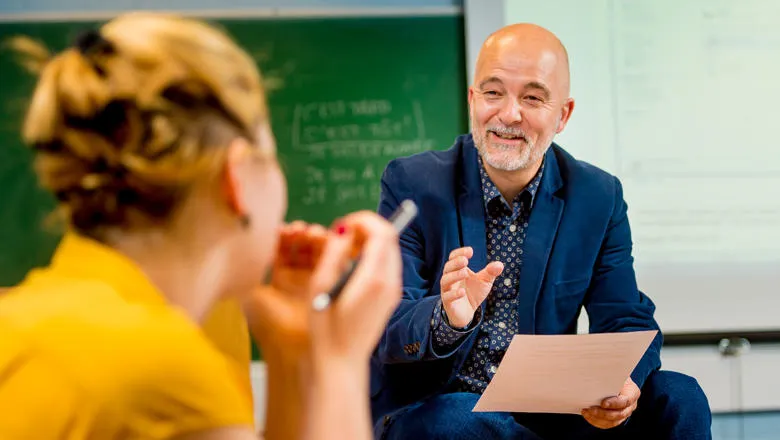This teaching initiative provided a shared learning space for students to explore practical strategies for progressing with their studies despite the challenging situation and also acquired practical speaking practice in the Modern Language they are studying. In a structured approach, they could pitch different project ideas, deepen their knowledge of their chosen topic, consider different options for output and trial these outputs. In the process, they received peer and tutor feedback at each step."
Annegret Märten, King's GTA
04 February 2021
Teaching innovation during pandemic leads to new student-led research
A cohort of third-year undergraduate Modern Languages students pioneer new research through a series of online presentations amid the Covid-19 pandemic.

The Coronavirus (Covid-19) pandemic and the various measures introduced have found many undergraduate and graduate students in unique situations. One cohort affected even more than most by the Covid pandemic is third-year students of Modern Languages, who would normally be spending the year abroad, working, studying or teaching. All students have been offered language and cultural support from King’s and many have been able to study remotely at partner institutions.
In German, a group of third-year students without university or work placements spent their first semester during the 2020/21 academic year working on new research projects in collaboration with King's GTA Annegret Märten.
Among these students is, Claudia Eeles who researched feminism and the political and societal dimensions specific to German feminism, displayed through a graphic style recording video.
Inspired by her work with students during her placement at a German school, Sanika Nerukar independently explored the German education system and produced a presentation in German on the phenomenon of class repetitions for underachieving students. Her research found that while there were educational benefits to repeating a grade, children's overall psychological effects from grade repetition were too detrimental.
After a stay in Austria, student Emily Ghiro explored the effects of the Covid-19 pandemic on the local tourism industry. She produced a presentation in German on the topic, which can be viewed below.
It’s been an incredibly tough year for third-year students, for whom the opportunity to study and work abroad is a highlight of the degree. Nothing can replace the experience of living in a German-speaking country, but we’ve been really impressed by and proud of our students' resilience and creativity in difficult circumstances. It’s a delight to see these fantastic research projects!”
Sarah Bowden, Head of German
